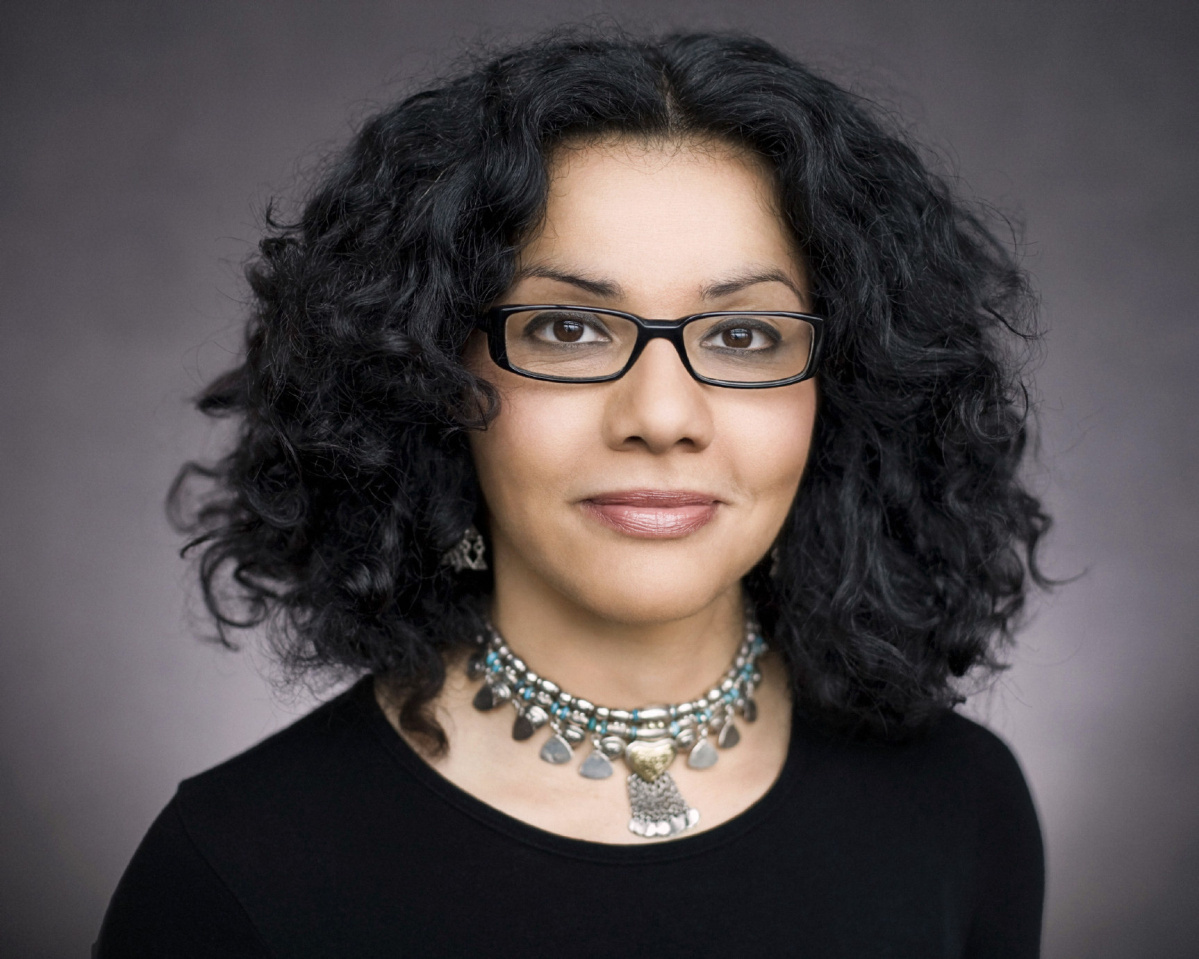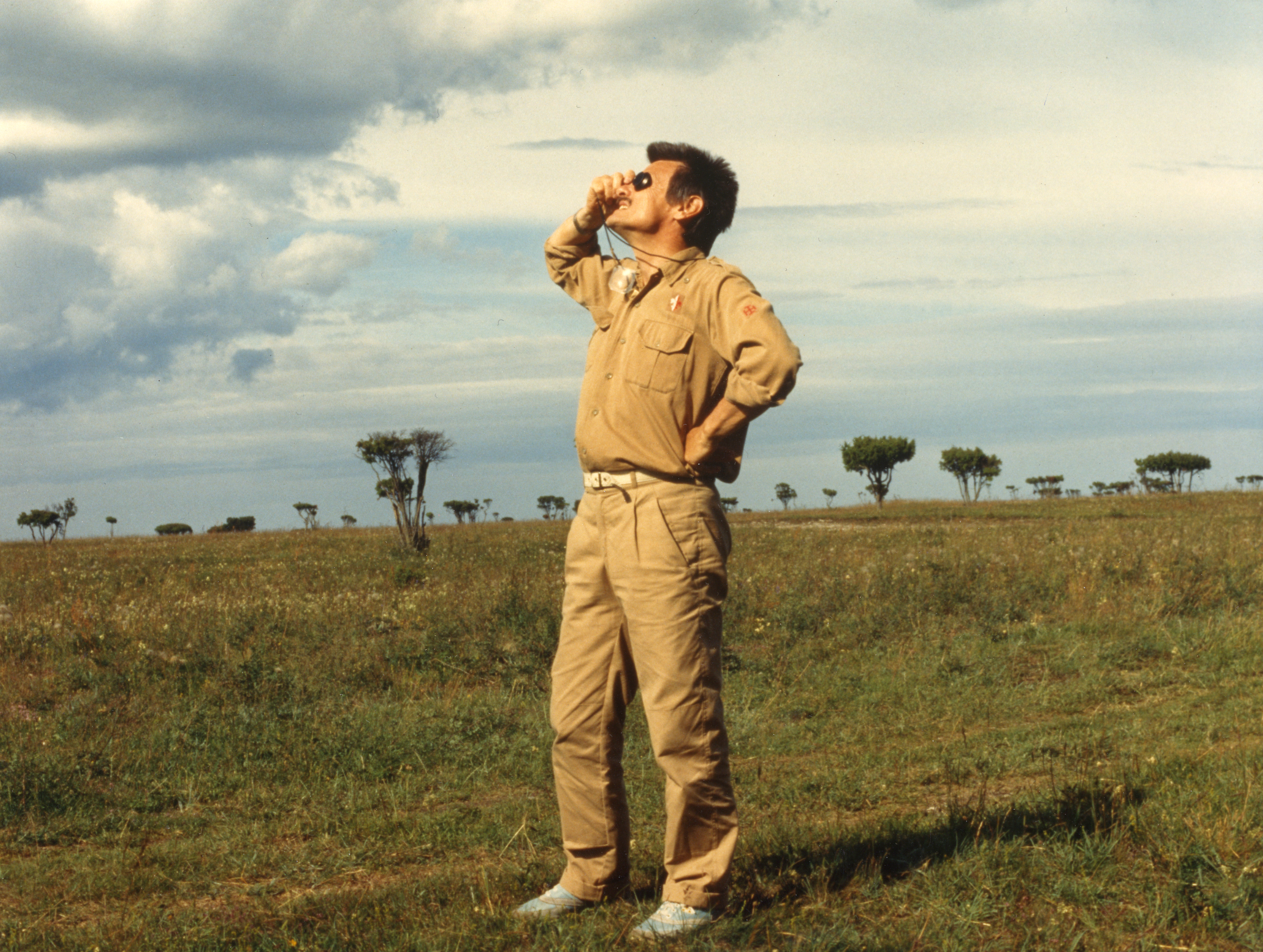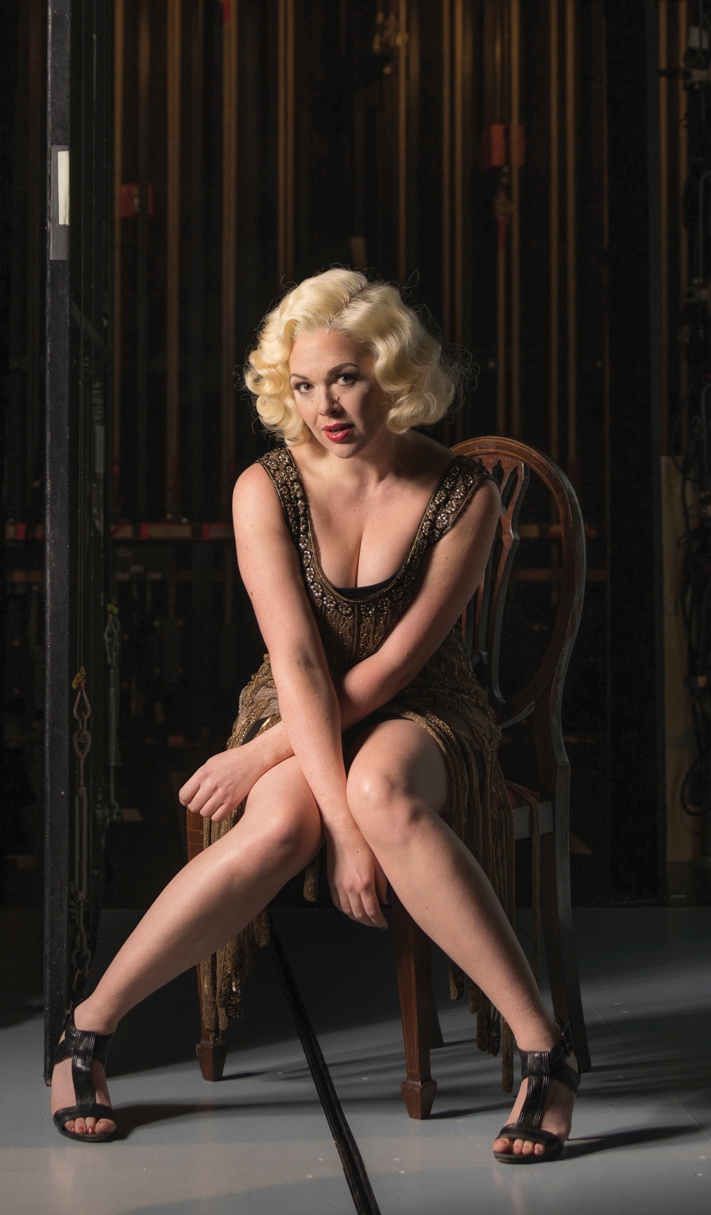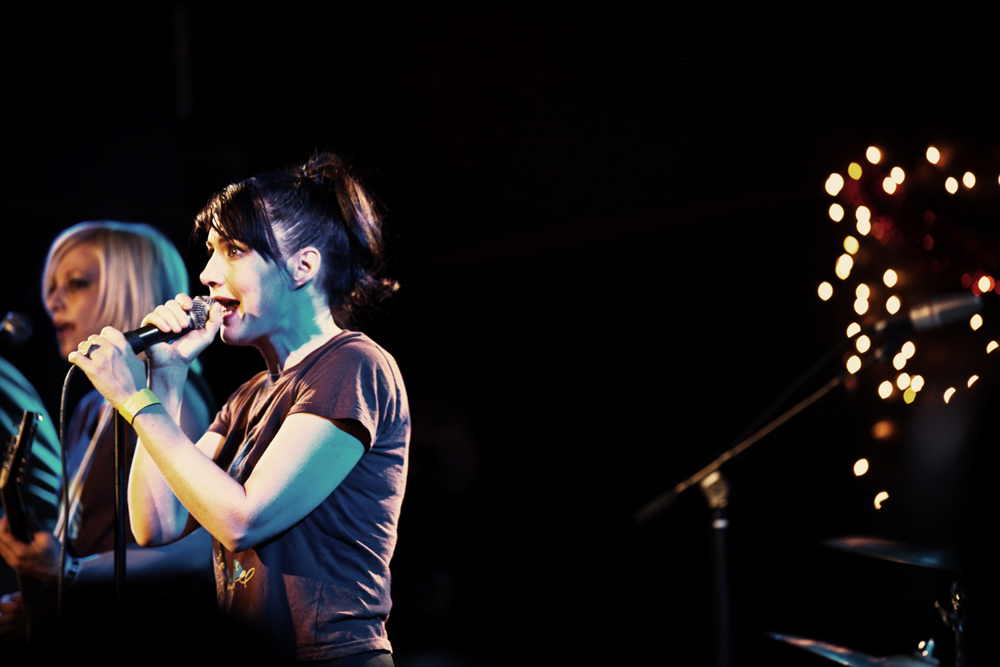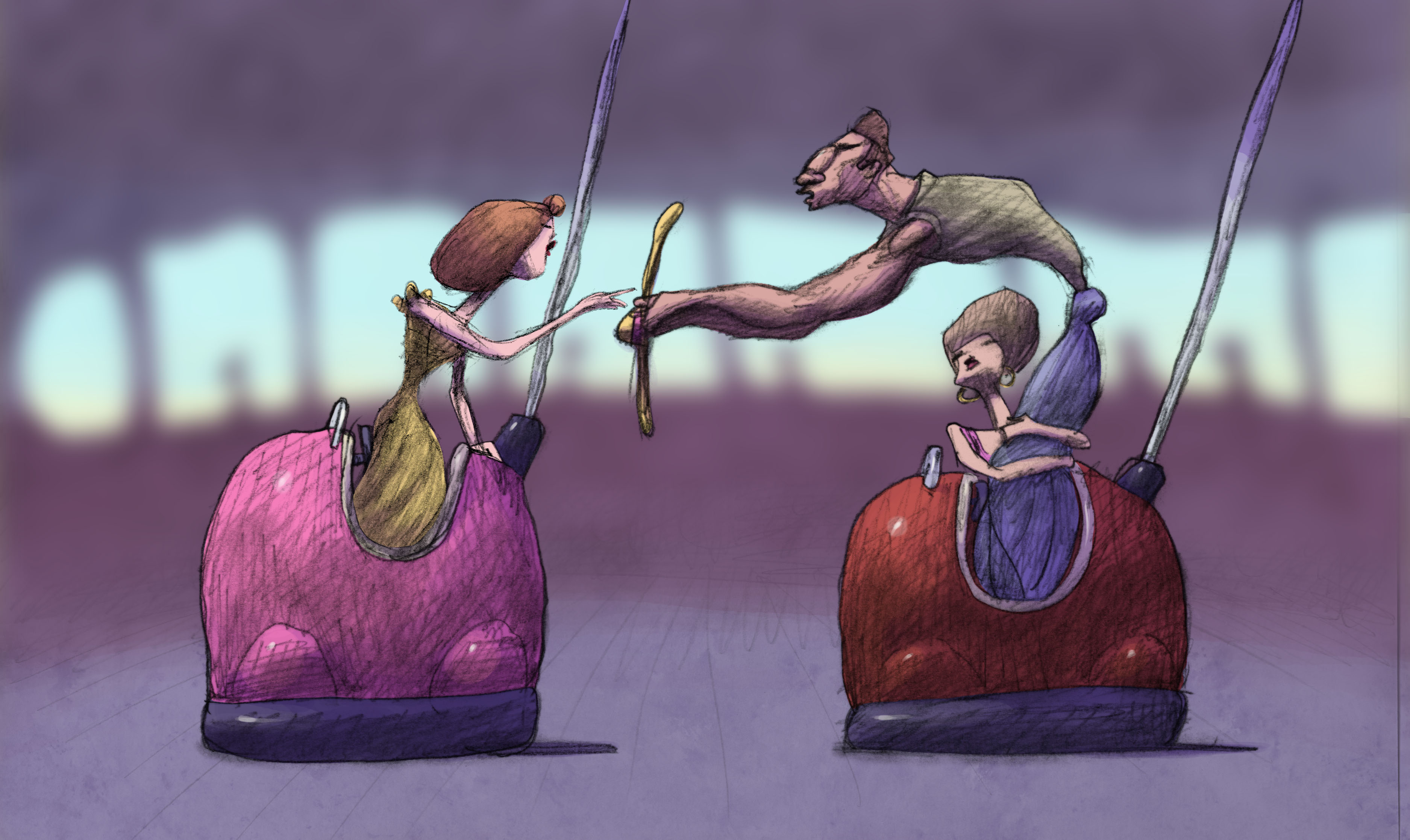Thursday, May 21
Mona Eltahawy
When the Egyptian-born journalist and activist was covering the 2011 Arab Spring uprising in Cairo’s Tahrir Square, she was brutally attacked and sexually assaulted by four riot policemen. With two broken arms, Eltahawy fought for her life. In the months that followed, with both her arms in casts, she used her one free finger to issue Tweets like “When my bones heal, I want to mark what happened to me.” First she wrote a 2012 essay for Foreign Policy magazine called “Why Do They Hate Us?”, which went viral. (The “they” in question referred to women in the Islamic world.) Headscarves and Hymens: Why the Middle East Needs a Sexual Revolution (Farrar, Straus and Giroux, $25) is an expansion of that provocative piece. As a teenager transplanted from the UK to Saudi Arabia, she was “traumatised into feminism,” Eltahawy recently told The Guardian. “As a woman . . . you have one of two options. You either lose your mind—which at first happened to me, because I fell into a deep depression—or you become a feminist.” Since then, the U.S. resident has been a strong advocate for global feminism. Often we in the West speak about global feminism and ask what women of different cultures need to achieve equality. Remedies may vary from state to state, but we certainly need more women like Eltahawy to speak so frankly about their own experiences, however painful they may be. Her book is a difficult must-read. Elliott Bay Book Co., 1521 10th Ave., 624-6600, elliottbaybook.com. Free. 7 p.m.
DIANA M. LE
Friday, May 22
ilvs strauss
In Manifesto, strauss—who favors the e.e. cummings school of orthography—manages to tell an intensely personal story about childbearing and choice, but without hyperbole or drama. Instead she is more of a tour guide, leading us through a witty narration that combines the reproductive lives of sea cucumbers and family obligations. Throughout, Manifesto reflects on a life lived outside standard expectations, strauss being a woman who does not want children. She has a deft touch both physically and verbally, making potentially fraught ideas almost lighthearted. (Through Sat.) Velocity Dance Center, 1621 12th Ave., ilvsstrauss.brownpapertickets.com. $15–$20. 7:30 p.m.
SANDRA KURTZ
The Sacrifice
In exile, the great Russian director Andrei Tarkovsky (1932–1986) made his final film on the Swedish island of FårO—the home of Ingmar Bergman—with Bergman’s longtime collaborator Sven Nykvist behind the camera and Erland Josephson in front of it. The Sacrifice is set in a peaceful, austere, almost heavenly landscape, where a revelry—the birthday of an aging intellectual (Josephson)—is interrupted by news of an impending nuclear war. The 1986 movie then plays out somewhere between the physical plane and the world of dreams and nightmares. The old man has visions of the upcoming apocalypse and offers his life as a sacrifice to save his family. The film is long, measured, and introspective, with a camera that floats through landscapes as if mapping them in careful, extended takes. Viewers may find it sublime or ponderous. It’s science fiction as philosophical and spiritual rumination, yet also a cinematic chamber drama. The sense of isolation and visual simplicity may all be in tribute to Bergman, but the filmmaking is pure Tarkovsky (Solaris, Stalker, etc.)—who himself was dying as he made the film. I can think of no other director so attentive to the physical world while in search of the ephemeral. (Through Thurs.) Northwest Film Forum, 1515 12th Ave., 267-5380, nwfilmforum.org. $6–$11. 8 p.m.
